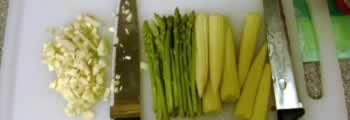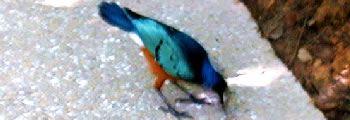Wikis and weblogs
Bill Seitz is working to integrate web logs and ZWiki.
Wiki, like Tinderbox, lends itself to complex structure -- to expressing ideas as relationships between pages. Conventional weblogs, on the other hand, are long scrolls. The interesting parts of a Wiki are usually the margins, the edges where active writing takes place. The interesting parts of a weblog are the most recent entries. Seitz (like Abbe) is working to reconcile these forces.
One of the most important things Tinderbox can contribute to a weblog is memory: a way of conserving facts and ideas do they can be used again. Weblog archives aren't very good at this; who cares about old news? Even weblog categories don't help much: categories shift over time, but once a post is assigned a category it's likely to stay there forever. Tinderbox, by making it easy to organize archives automatically (and to adjust those categories by adding agents) opens up new opportunities. I think it's a new way of looking at information architecture: organized, organic growth, not classification.
Want an example? I just collected a page of notes with photos from Singapore. It wasn't a category I planned in advance. It took no time. I made a Tinderbox agent that:
- Looks at all my notes from mid-December 2001 to mid-January 2002
- Keeps only notes with pictures
- Sort them by date
- Puts them on a page
Agents let you build topical collections whenever you want; Tinderbox also makes it pleasant to design custom collections by hand: just drag aliases of the items you want into a container, or stamp them with a QuickStamp, and you're done.






